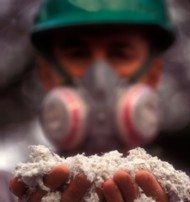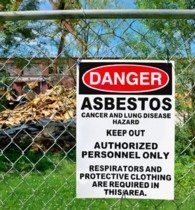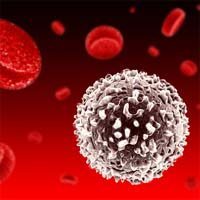Sex Hormones May Account for Better Mesothelioma Survival in Women
There’s evidence that female sex hormones may help explain the better survival rates in women with peritoneal mesothelioma. The news could open the door for a new way to treat the disease. Peritoneal mesothelioma is a rare form of mesothelioma that attacks the membrane around abdominal organs. Like most forms of mesothelioma, it is believed to be caused by asbestos and carries a poor prognosis. In addition to being less likely to contract mesothelioma than their male counterparts, women are also less likely to die from it quickly. Now, researchers at St. George Hospital in Sydney, Australia think they may know why. The team analyzed data on 52 consecutive peritoneal mesothelioma patients treated with cytoreductive surgery and heated intraperitoneal chemotherapy…









